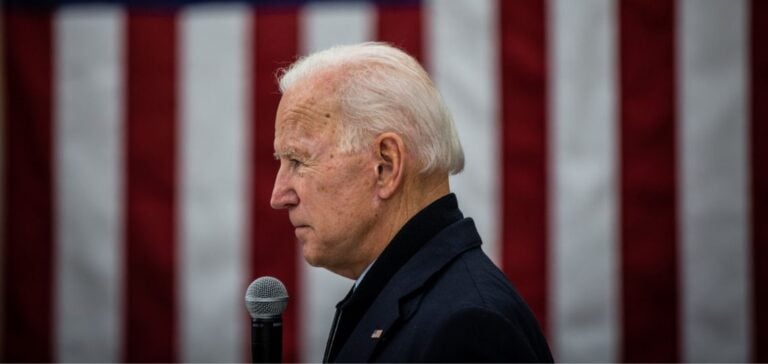On March 26, the US Treasury Department issued sanctions against individuals and vessels involved in the transportation of Iranian energy products, marking the sixth round of measures specifically targeting financial facilitators of the Houthi rebels. These sanctions target Sa’id al-Jamal’s network, using a series of companies and vessels to move Iranian products with shipping documents and practices designed to disguise their Iranian origin.
Impact and objectives of sanctions
According to Rachel Ziemba of Horizon Engage, these sanctions complicate the marketing of certain Iranian products, notably by increasing the cost of selling them to China, the main buyer. Although mainly targeting fuel shipments helping the Houthi rebels and their regional allies, the effectiveness of these measures in reaching Iranian and Houthi rebel finances remains to be assessed.
Vessels and entities sanctioned
The Treasury’s Office of Foreign Assets Control (OFAC) has sanctioned the Panamanian-flagged tanker Dawn II and its Liberia-based owner Hassaleh International for transporting Iranian energy products to China. Similarly, the Palau-flagged tanker Abyss, its Vietnamese owner Quoc Viet Marine Transport JSC, and its India-based operator Melody Shipmanagement Pvt Ltd, were sanctioned for similar activities. KNH Shipping Private Limited, based in India, was also sanctioned for supplying falsified shipping documents to Sa’id al-Jamal’s network.
By affecting trade in Iranian energy products, these sanctions raise questions about the security of energy infrastructure and the prospects for the gas transit agreement between Russia and Ukraine. Market reactions include increased focus on the economic and practical viability of using Ukrainian storage facilities, with PJM Interconnection taking a wait-and-see approach to the evolving legal situation.






















